Italy
Italy is a standard European destination. Although I usually dislike popular places like London or Paris, Italy is so rich of ancient history and extremely beautiful architecture that Rome and Florence were indeed incredibly nice.
But, as usual, the little less known places, like Pitigliano - the village on the cliff, Herculaneum - which is even better than the famous Pompeii and Arbelobello with unique cone-like houses, were the ones that surprised us the most.
Next time we're in Italy, we're going to see the north - the Italian Alps are breathtaking!
Take a look at the articles about Italy:
Everyone comes to Pisa to see one of the world's most famous attractions - the Leaning Tower. While it's an extremely popular destination, we didn't choose Pisa because we wanted to visit the tower. We went there because it turned out to be the best (and cheapest) gateway to the beautiful region of Italy - Tuscany, where you can find: Cinque Terre, Florence and other, less known destinations like Siena and a charming medieval town built on a steep cliff - Pitigliano. But as we already were in Pisa, we decided to give it a go and find out if this little town had anything else in its offer.
Ostuni is a unique town that resembles a bright cap rising up right from the flat plains near the southern coast of Italy. Its whitewashed defensive walls and houses inside the old town with many winding streets, steps and beautifully decorated, colorful window frames can make you think you're somewhere in Greece. Although Ostuni is one of the main attractions in Puglia, it's less known than Polignano a Mare or Alberobello famous for its cone-shaped Truli houses. And the whole region of Puglia, in turn, is not as popular as, let's say, Tuscany but it's definitely not less worth a visit - so do include it in your itinerary to Italy - especially in the winter time.
Pompeii is one of the most famous archaeological sites in the world. It's been featured in numerous Hollywood productions and is a symbol of the sophisticated life in ancient Rome. The tragic fate following the eruption of Mt. Vesuvius in 79 AD made this beautiful seaside town cease to exist overnight. The ashes of the volcano sealed and protected the streets with houses of Pompeii from invaders and atmospheric conditions for centuries to come. Excaveted as late as in the 18th century, the perfectly well preserved statues, frescoes, shops and streets have revealed how advanced the ancient Romans were. Pompeii became a literal time capsule.
Florence is probably the second best known city in Italy after Rome. Sited in the heart of Tuscany, the famous, green region among rolling hills and vineyards, stands out as an enormously significant place in European history. Home to world's most famous thinkers and inventors: Michelangelo and Leonardo da Vinci, Florence needs no introduction. The capital of Tuscany is visited by millions of tourists every year, it's the main attraction of northern Italy and a hub for onward travel to smaller but not less exciting destinations in the area, for example the villages of Cinque Terre, Pisa, Siena or virtually unknown, perched on a steep cliff among the lush green fields - Pitigliano.
The whole region of Tuscany is without a doubt idyllic. Picturesque villages, the most visited and historically important towns and cities in the world (for example: Florence, Siena, Pisa), beautiful beaches and coastal areas. There's no need to add anything more. However, in the middle of all this, a bit off the beaten path lies Pitigliano. A little village built atop of a massive cliff among the green rolling hills, fields and woodlands. Peaceful and quiet, it offers some kind of an escape from the noisy tourist crowds.
I spent my first day in Rome visiting the ancient ruins and monuments within the strict center of the ancient city. On Day 2, I decided to stroll down the streets admiring more 'modern' architecture and main Renaissance and Baroque sites. I visited multiple squares and had the original thin-base Italian pizza in one of the cozy restaurants in a quiet street with not many tourists. A must when you are in Italy! But be careful while choosing a restaurant because the menu may be highly overpriced (see the tourist traps and how to avoid them at the end of this post).
The ancient city of Rome - the cradle of one of the greatest civilizations in human history boasts beautiful architecture, numerous museums and countless still standing today monuments, columns and buildings that witnessed the most important events of the Roman Empire at its greatest extent.
Rome doesn't need to be introduced or presented in any way - it's so well known around the world, not only in history classes but also in media, movies and entertainment. It's visited by literally swarms of tourists every day.
The Italian capital wasn't my final destination, I intended to visit the ancient cities of Pompeii and Herculaneum that were covered by volcanic ashes and mud after the eruption of the mount Vesuvius in 79 AD. However, I arrived to Rome first and had two days to walk around.
Two days is clearly not enough to visit all the attractions of the city, but, if you are not afraid of walking a lot it is possible to admire some of the most important sights in the center and can even do it on a budget.
Herculaneum, also called "the second Pompeii" is one of the best preserved ancient Roman towns to this day. In many aspects, even better than Pompeii itself. The site is not as large as Pompeii but it has been estimated that only one third of Herculaneum has been excavated so far. What you can find here, in contrast to Pompeii, is for example entirely preserved two-story buildings together with original wooden logs, beds, doors and other furniture. In my opinion, the site of Herculaneum is more concentrated, it occupies less space but it's as great as its famous counterpart - Pompeii. If you visit the bay of Naples, although most of the tourist head straight for Pompeii (I have described it here), don't miss Herculaneum - you won't regret it.




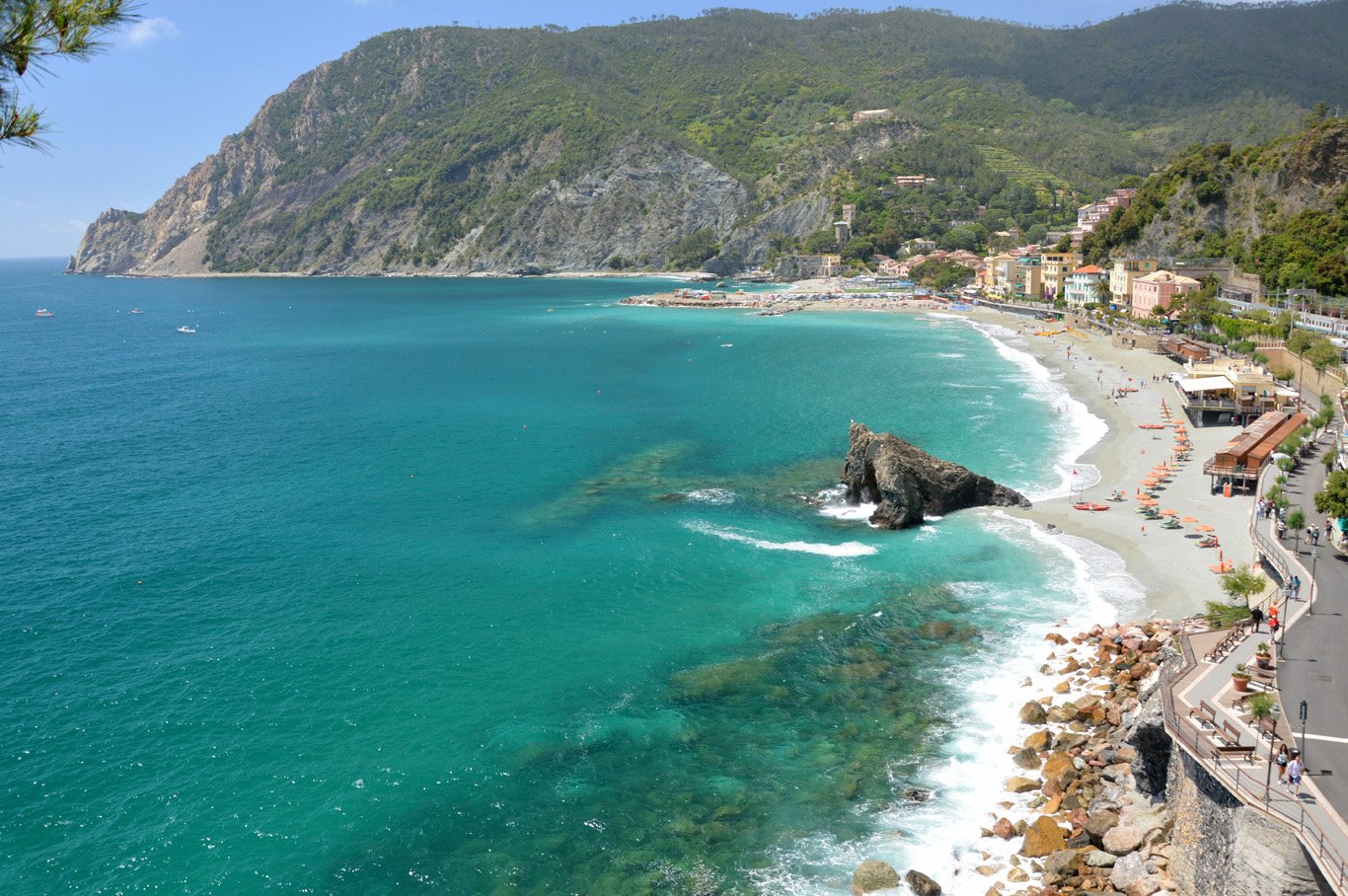
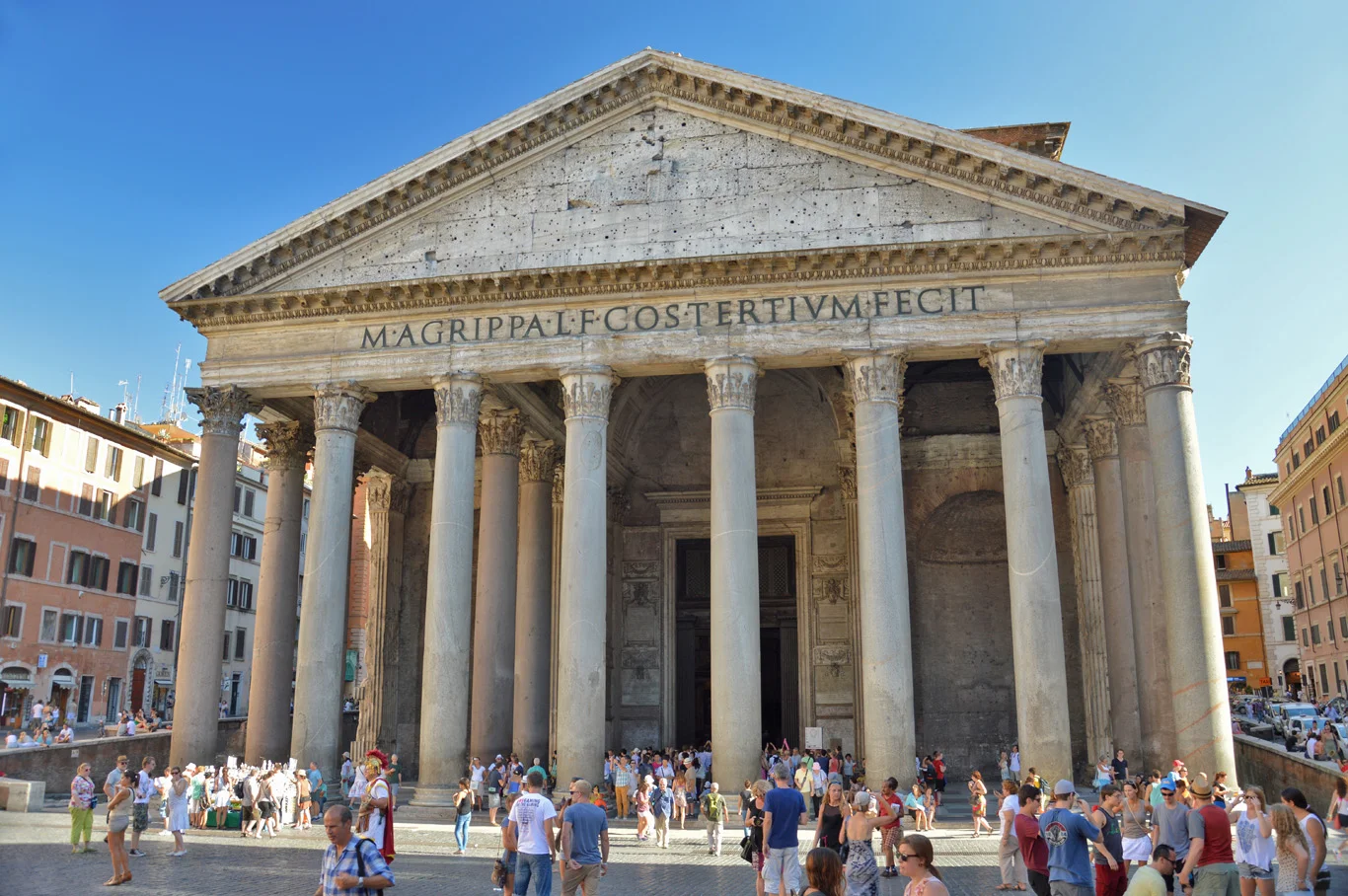

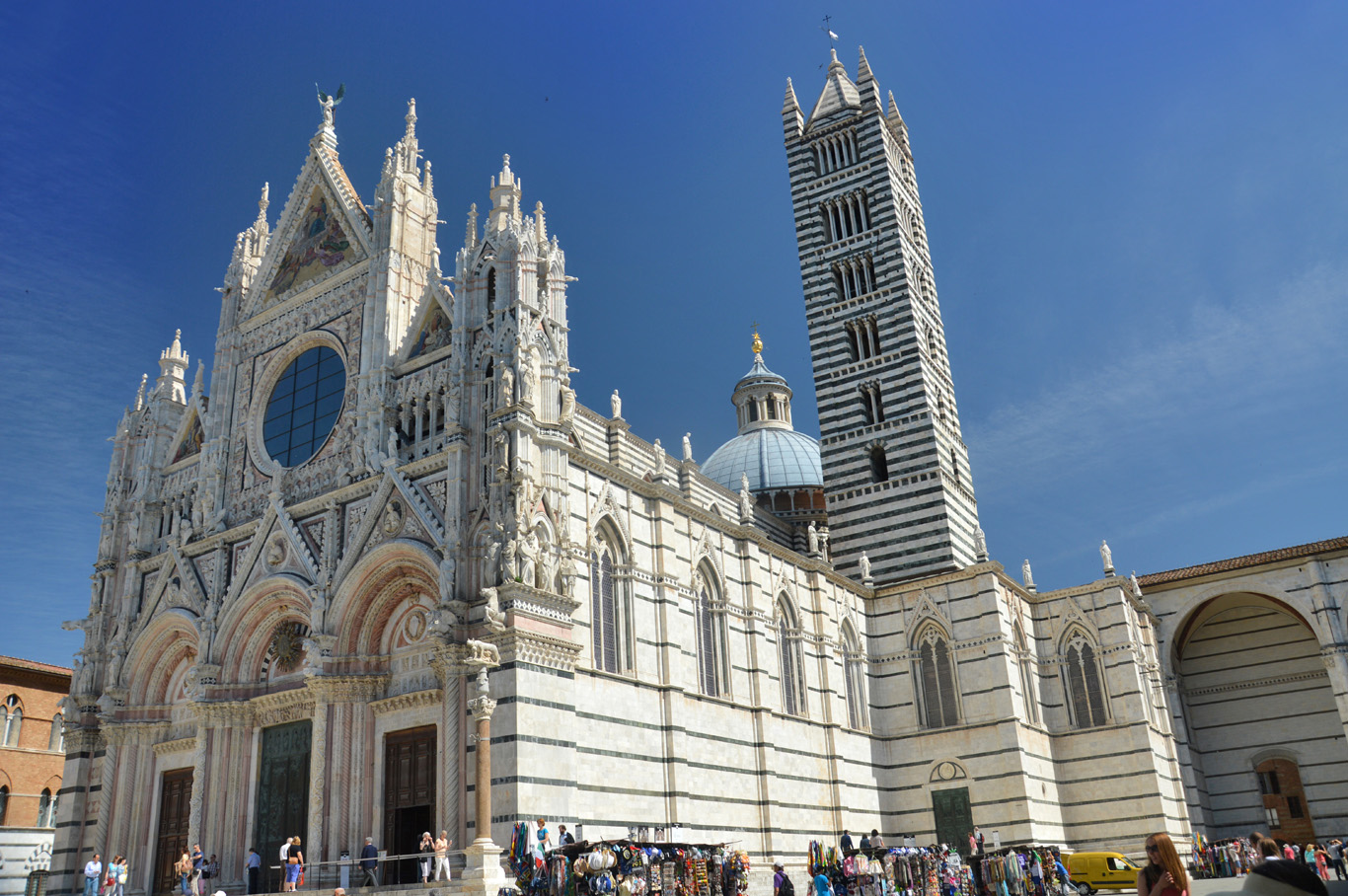











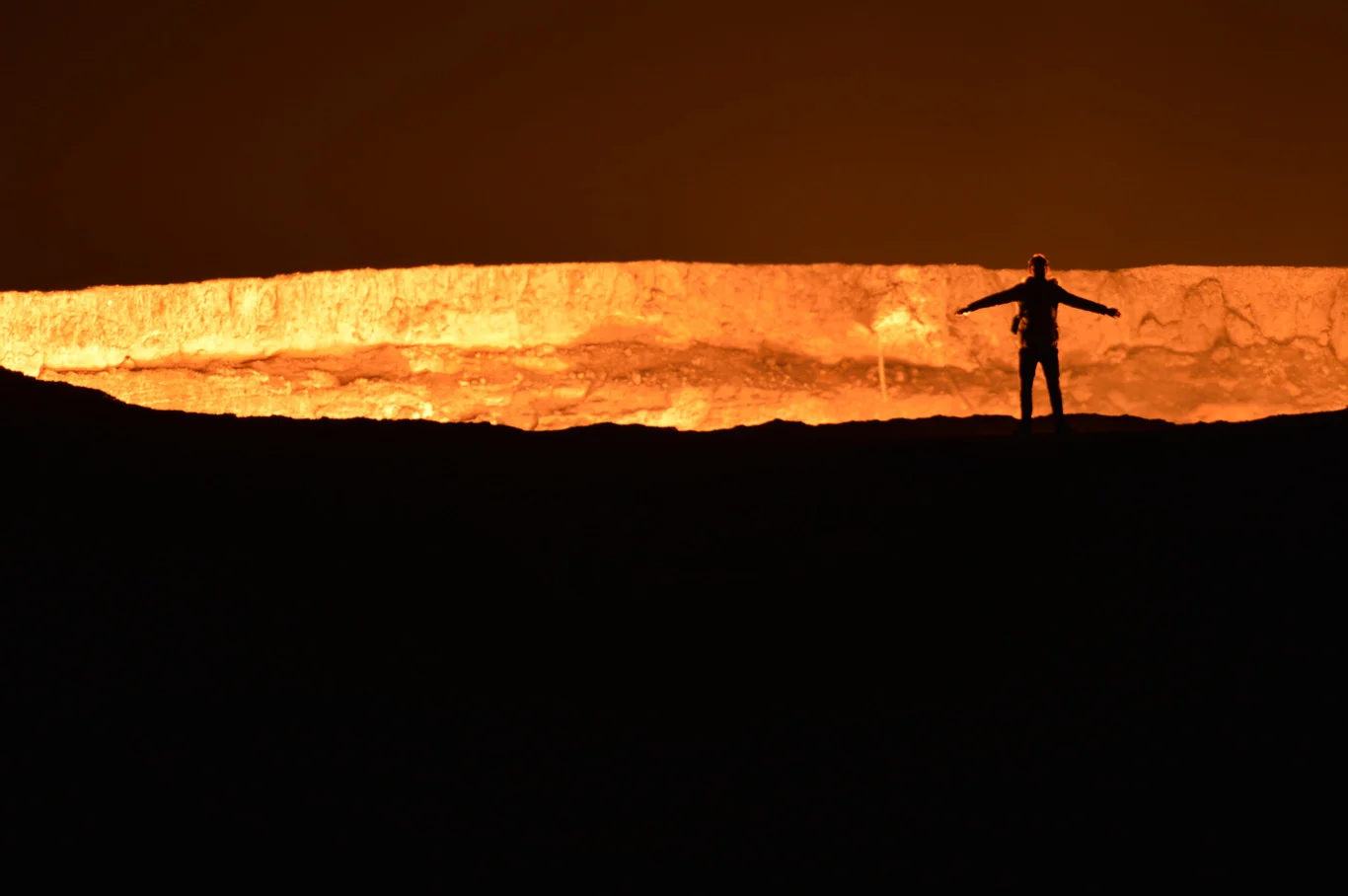




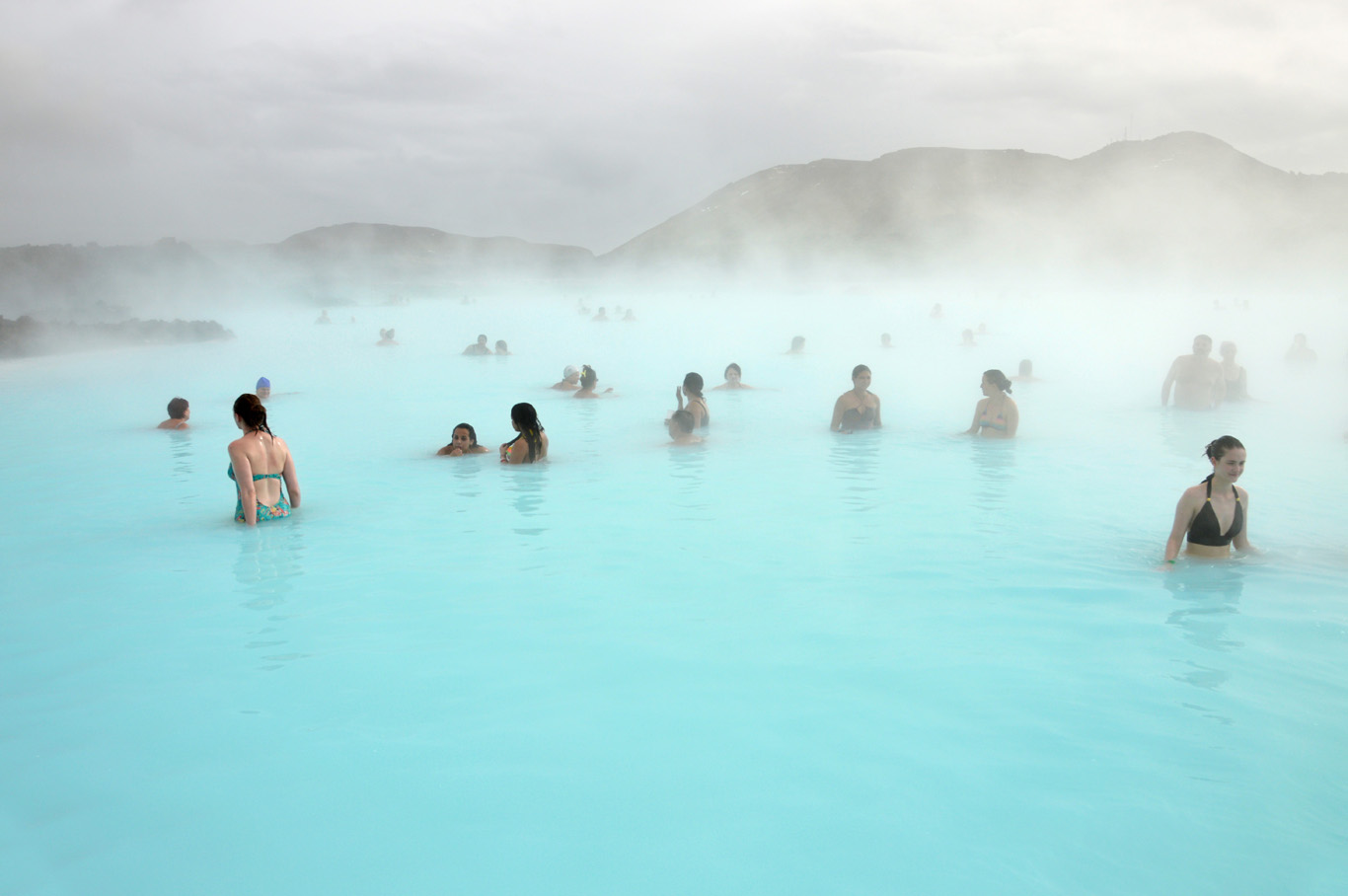

Cinque Terre is one of the most picturesque parts of Italy. Close to such popular cities as Florence, it's a must-see destination in the region of Tuscany. Cinque Terre (literally meaning Five Lands) consists of five colorful seaside towns built on steep cliffs along the exceptionally attractive coastline. The sea, the surrounding mountains and enchanting architecture - you can find all this side by side in this magnificent land. If that's not enough, Cinque Terre can also offer spectacular, turquoise beaches where you can relax after a strenuous hike. In this post, I'll give you some tips on what are the best ways to explore this beautiful area.